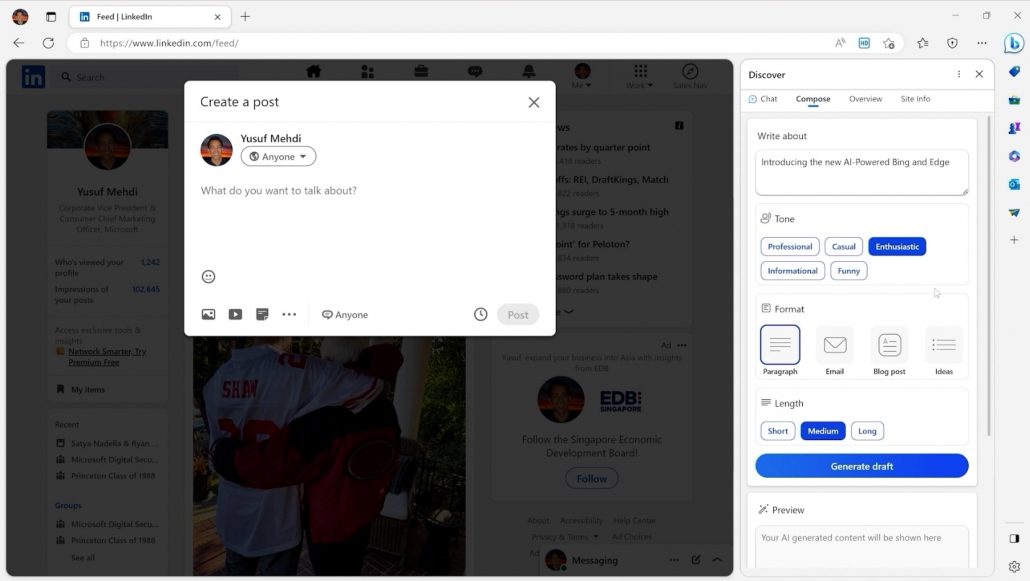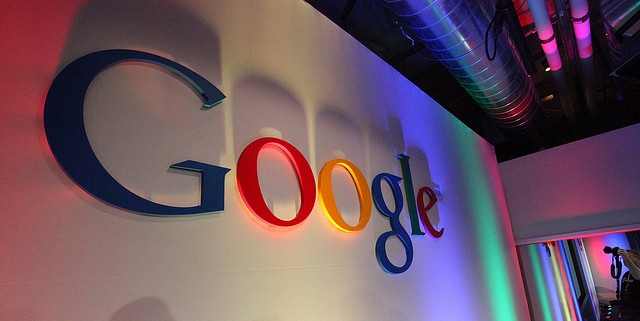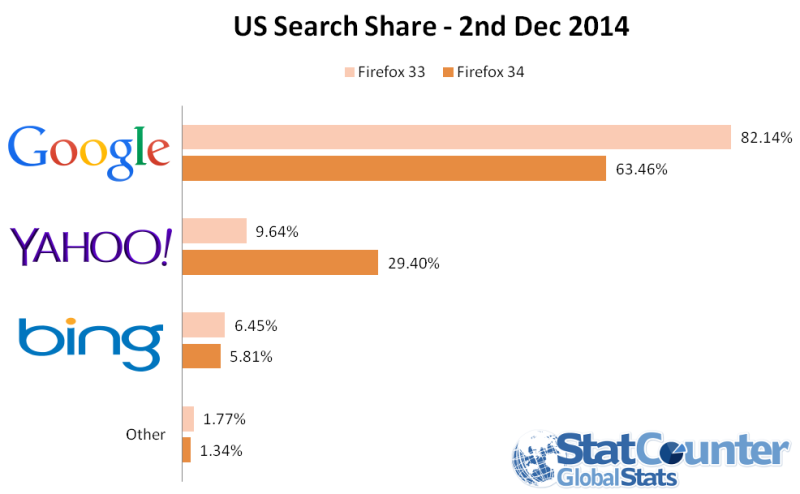New research from Adobe indicates that more and more people are turning to TikTok to find information, music, recipes, and other things we used to rely on traditional search engines for.
Analysts have increasingly been noticing that a growing number of people have been using TikTok as not just a social network but as an alternative to search engines like Google and Bing.
This latest study, which surveyed over 800 consumers and 250 business owners, emphasizes that this trend is accelerating and that brands that are taking advantage of this shift are increasingly being rewarded.
Younger Audiences Are Drawn To TikTok as a Search Engine
Overall, the research shows that 40% of consumers regularly use TikTok to search for topics and information. Unsurprisingly, this trend skews heavily toward younger users.
Gen Z in particular has been driving this trend, with 64% using TikTok for search.
Millennials have also been adopting this behavior, with almost half (49%) of millennial consumers using TikTok as a search engine.
Interestingly, TikTok searchers aren’t looking for any particular type of information. Instead, they are looking up a variety of topics including cooking recipes, music, fashion, and DIY ideas.
While TikTok users are increasingly seeing the platform as a way to find information, they aren’t quite giving up Google yet. Only 10% of Gen Z users said they preferred TikTok over traditional search engines.
How Businesses Are Responding
As more businesses take note of the popularity of TikTok and its viability as a search engine, more are investing their time and marketing budget to promote their brands.
The survey found that approximately half of businesses are using TikTok to promote their products and services, averaging 9 posts per month.
As part of their marketing efforts, many of these brands (approximately 25% of small businesses surveyed) are partnering up with influencers to better reach their audience on the platform.
When it comes to what type of content these brands are creating, the obvious lead was creative tangential content (43%), followed by product reviews (36%), and instructional videos (35%).
Why This Matters To Your Business
TikTok has proven it is here to stay, consistently increasing its already large user base and diversifying its options for brands to market and advertise on the platform. It is no surprise that users are finding surprising ways to use the platform as it has evolved and these shifts introduce opportunities for brands that are quick to take advantage of them.
If your brand’s audience tends to be Millenials or Gen Z, we strongly recommend investing in establishing your presence on the site and optimizing your content for its search engine. If you act now, there’s a chance you’ll reach a large number of people before your competitors have a chance.






